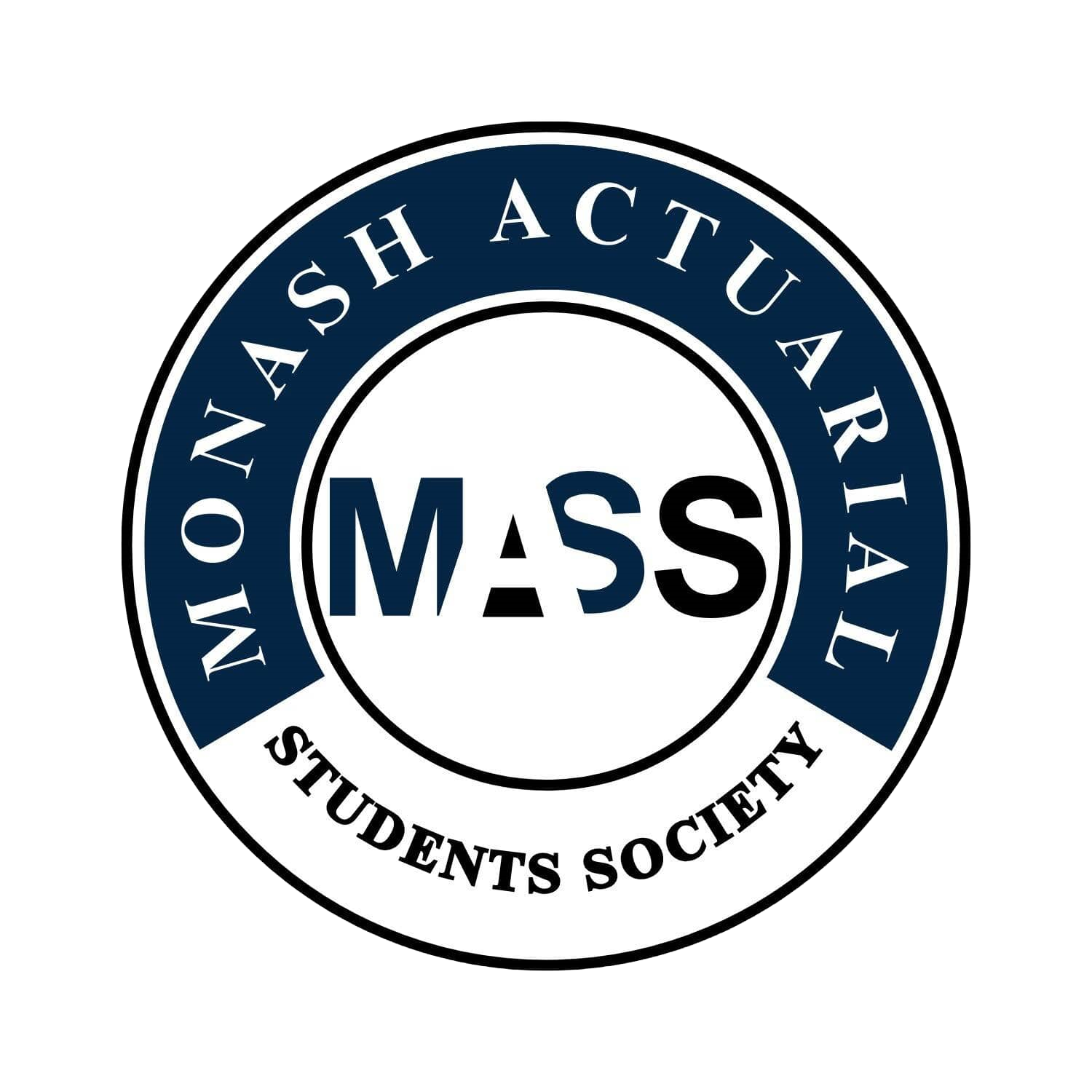ETC2440 Mathematics for Economics and Business
Difficulty:
Year Completed: Semester 1, 2021
Prerequisite: ETC1000
(or SCI1020, or ETF1100, or STA1010, or ETW1001, or ETB1100, or FIT1006)
Exemption: N/A
Mean Setu Score: 82.2%
Clarity of Learning Outcomes: 79.6%
Clarity of Assessments: 82%
Feedback: 80%
Resources: 78%
Engagement: 84%
Satisfaction: 81.6%
Subject Content:
Lecture(s) and Tutorial(s):
Textbook(s):
Assessments:
Topics for this unit included matrix algebra, sets, functions and
sequences, continuous functions, differentiable functions,
optimisation theory and elementary integration.
2 x 1 hour lectures
1 x 1.5 hour tutorial
Fundamental Methods of Mathematical Economics, 4th edition -
this textbook is the primary reference material for the lecture
slides. However, the lecture slides are quite comprehensive and
the book itself might have references to a lot of unnecessary
material for the unit.
Group Assignment 1 10%
Group Assignment 2 15%
Group Assignment 3 15%
Final Exam 60%
Comments
It was very useful to learn and understand mathematical concepts
that pop up in actuarial frequently and gave me a better
understanding of my other units through this. However the unit
itself seemed a little unfair when it came to marking and overly
tricky at times.
The lectures were very engaging as the lecturer was passionate
and interesting. There were plenty of examples meaning that the
lectures didn't cover too much content or go to quickly. You need
to go to the lectures to understand the content and see the
examples explained.
The tutorials didn't have time to cover all the questions and the
some concepts were hard for the tutors to explain well due to the
limited time frame. There were no marks for going to tutorials so
it's only neccesary if further explanation of the solution is
required. The tutorial solutions were uploaded at the end of each
week and were much more time effective if taken the time to go
through the questions.
The group assessments were very tricky, almost unfairly so. They
used concepts covered in class but in ways that we had never
seen before. It is definitely down to luck based on who you get put
in a group with. Luckily my group was very hard working so we did
pretty well, but it was still a big challenge and many groups
struggled doing these assignments. I spent days on single
questions just going in circles since the answers were unclear and
there was no guidance for them. This made the unit very time
consuming.
The exam was mostly good (although based on general consensus
must have been marked very harshly despite how easy it was).
The exam only had one or two very difficult questions, but the rest
were straight forward with no tricks at all. It was also easy enough
to finish in the allotted time, making it overall a fair examination
(although again, marking shows a somewhat different story so
beware of that). There was a practice exam that only part of the
solutions were uploaded for. The final exam was somewhat
similar to this, especially in terms of general content and
structure.
Focus on the extra questions that are given below the regular
tutorial questions. These mimic the assignments more and if you
are able to get help on understanding these you should have a
better basis for the assignments. As for the exam, just practice the
regular questions to get efficient at doing these more straight
forward questions so you can really make the most of your time in
the exam.
General Overview:
Lectures:
Tutorials:
Assessments/Other Assessments
Exams
Concluding Remarks

